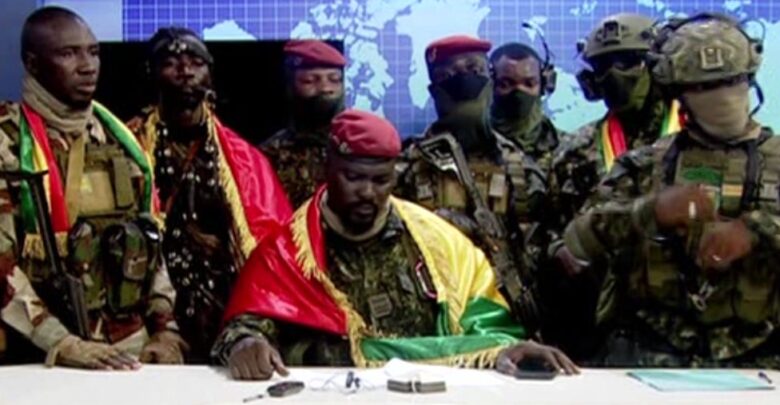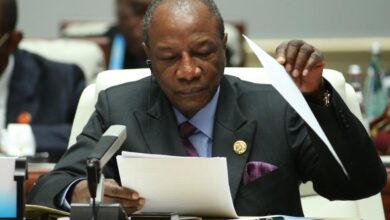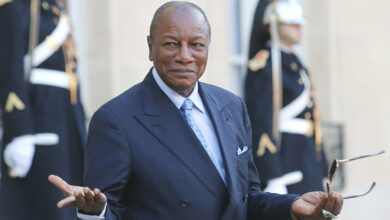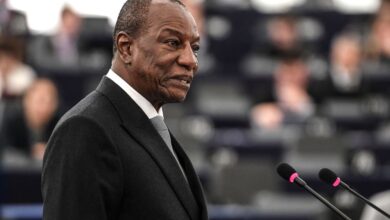Guinea
Guinea’s Junta Dissolves Opposition Coalition FNDC Following Call For Protests

Guinea’s military junta on Tuesday dissolved the country’s leading opposition movement, the National Front for the Defence of the Constitution (FNDC) under a government decree signed by Territorial Administration Minister Mory Conde, reported The Africa News.
The National Front for the Defense of the Constitution (FNDC) is an alliance of political parties, trade unions and civil groups that spearheaded protests against former president Alpha Conde before his ouster in a coup last year.
The protest coalition was also behind the demonstrations held on 28 and 29 July, which were banned by the Guinea’s authorities and where five people were killed.
“The de-facto group called the National Front for the Defence of the Constitution, is dissolved… with effect from the date of signature,” the ruling said.
Rumours of the decree began circulating on social media late Monday.
As per the deccree, the FNDC’s operational mode has been found to be based on violent attacks (perpetrated) during banned demonstrations, attacks against individuals who do not share their ideology, and targeted attacks against the country’s security forces.
It said that the coalition works as combat groups and private militias, threatening national unity, public peace and cohabitation.
Colonel Mamadi Doumbouya, who overthrew Alpha Condé in power since 5 September 2010, has promised to hand over power to elected citizens within three years.
This decision comes as the protest coalition was preparing for upcoming mass protests following a brief truce. The FNDC plans to hold demonstrations in different parts of the country on Aug. 17, despite a nationwide ban on protest activity.
It is demanding Guinea’s military government to open a “credible dialogue” with political actors and civil society and setting a reasonable and agreed-upon deadline for the transition period as well as the unconditional release of all its militants arrested during the latest demonstrations.
Last month, ECOWAS chairperson, Guinea-Bissau President Umaro Sissoco Embalo, said that he had convinced the junta to shorten the transition to two years.






